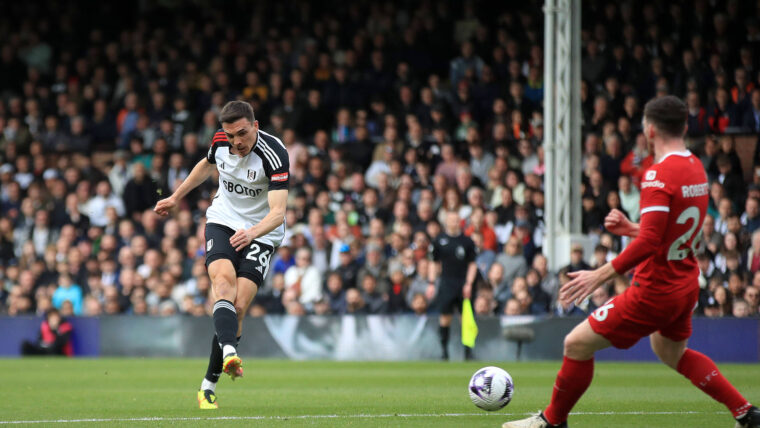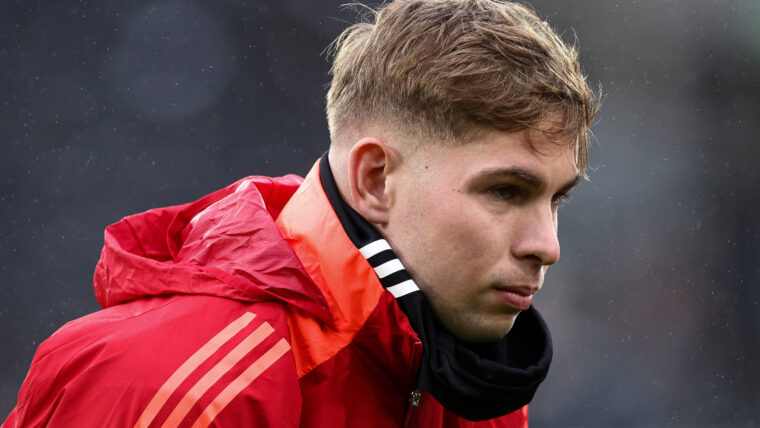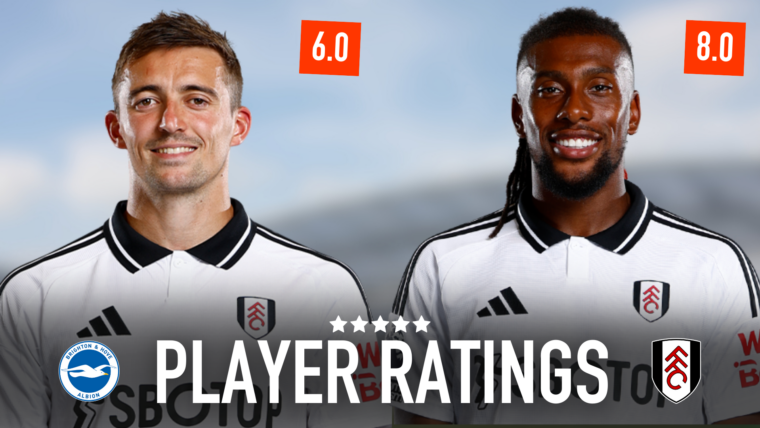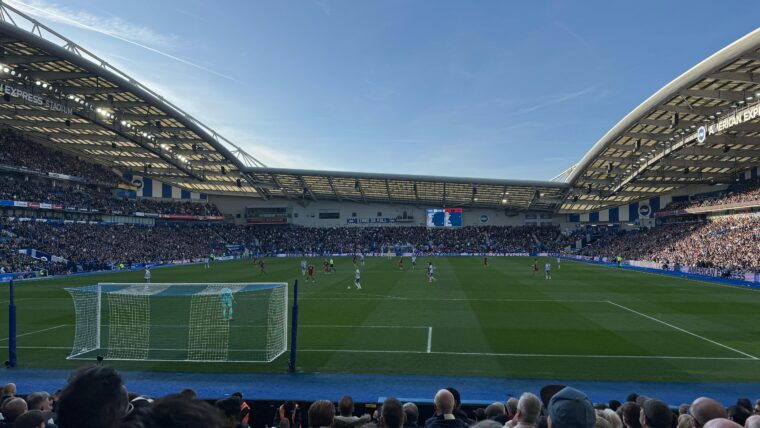Don’t Blame The Analytics
Written by Nick MacNee on 25th March 2019
In his latest article, Nick MacNee says you shouldn’t blame Tony Khan for building a team with analytics but building it with the wrong vision in mind.
In a meeting with the Fulham Supporter’s Trust, Tony Khan stated how he would remain in control over Fulham’s transfer strategy for next season; something that has understandably riled a few people. After all, the season we have had has been nothing short of embarrassing with the money spent and the points total accumulated.
People are right to blame Tony Khan and Fulham’s upper hierarchy – but not for the analytics. Instead, consider this: were we really going to sustain the way we had played in the Championship to the Premier League? Were we really going to be so naïve as to think that teams outside of the big six would be happy to roll over for us as so many did in the Championship?

This isn’t a Jokanovic “hit piece”. After all, he delivered an exquisite style of play that might be the best I’ll ever see Fulham play in my lifetime, got us to Wembley and a subsequent promotion. But you should certainly ask yourself this question – “Why did Watford not extend Jokanovic’s contract after he got them promoted to the Premier League in 2015?” Was it the money or did the Pozzo family foresee an expansive and attacking style of play not working out for a team that had just been promoted? Why did they opt for a much more “negative” manager in Quique Sanchez Flores over Jokanovic? After all, the situations are similar to Fulham – Jokanovic had no control over transfers, a high amount of foreign talent was brought in every season, etc.
Even less forgivable than trying to take Jokanovic’s style of play and make it work against PL teams (with far more funding than those in the Championship) was to fire him and replace him with Ranieri. Ranieri’s managerial philosophy throughout his entire career has been taking a cautious, defensive minded approach to the games, an approach that has been shown to work for teams trying to stay up in the Premier League. But what kind of idea is it to take a squad built for playing possession football on the deck to suddenly change to one playing long ball and relying on a defensive backbone that has already been proven to be extremely weak?

It’s a bad one and its led us to where we are now – mired in the relegation zone with no hope of survival.
So you can blame Tony Khan. He’d probably agree with you that this season hasn’t been good enough from anyone at Fulham. But you shouldn’t blame him for taking a “moneyball” approach. Blame him for thinking that having a ridiculously attack heavy approach would work in the Premier League and then switching midseason to a defensive minded system when the squad wasn’t built for such a style. That’s dumb.
And one more thing on the analytics – there have been far more successes in English football than there have been failures with analytically minded approaches. Brentford, the poster child for the “analytics revolution”, have rocketed up the footballing pyramid to establishing themselves as an upper table Championship club on a tiny budget. Brighton & Hove Albion, owned by former sports bettor Tony Bloom, have established themselves as a Premier League club through taking an analytical approach in the transfer market. Even Liverpool, owned by Fenway Sports Group alongside the famous analytically minded Boston Red Sox, have turned themselves from simple big six lackeys to serious title contenders.
The numbers, simply put, don’t lie. Football data compilation businesses such as Opta don’t simply make up tackles or throw in extra shots for one team. It’s your interpretation of the data that may lie to you, as it did with Fulham that they could sustain such an attacking approach to the Premier League. Human judgement, per say.
So here we are, staring relegation in the face. Instead of dreading it as we did five years ago, we’re welcoming the opportunity for change and a chance to actually win some games. But, we shouldn’t waste this opportunity – Fulham need to use it to come up with a squad capable of getting to and staying in the Premier League while playing a sustainable brand of football. That, by far, is the biggest challenge of the summer.



